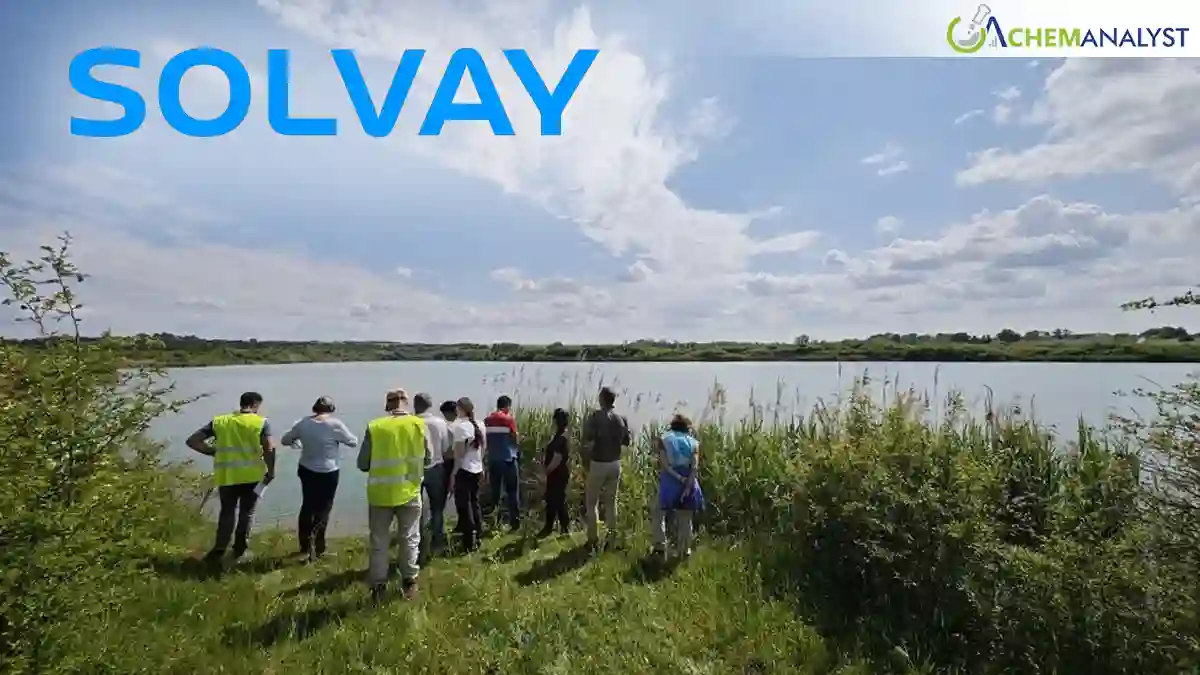Welcome To ChemAnalyst

Solvay pilots IUCN’s RHINO approach in Dombasle, creating a replicable, science-based framework for measurable biodiversity restoration and ecosystem health improvements.
Solvay has taken a major step toward turning global biodiversity commitments into verifiable, measurable local actions by launching a pilot of the IUCN RHINO (Rapid, High-Integrity, Nature-positive Outcomes) approach at its soda ash and sodium bicarbonate manufacturing facility in Dombasle, France. This initiative, developed in partnership with the International Union for Conservation of Nature (IUCN), aims to build a replicable, science-based framework to guide biodiversity efforts across Solvay’s global operations.
The company is one of only six organizations worldwide pioneering this approach, which leverages IUCN’s Species Threat Abatement and Restoration (STAR) metric to assess site-level impacts and measure contributions to species recovery and ecosystem health. By using this robust metric, Solvay can set evidence-based biodiversity targets, quantify its environmental footprint, and track progress in a standardized way—turning abstract sustainability goals into tangible, data-driven outcomes.
The Dombasle site was chosen because of its comprehensive biodiversity roadmap and ongoing sustainability transformation. It serves as an ideal “living laboratory” to test and refine the RHINO methodology. The facility is already home to several green initiatives, including the e.Solvay process, which reduces natural resource use, energy consumption, and CO2 emissions, and supports waste-free operations. Targeted water management projects and major energy transition programs are also underway, positioning the site as a cornerstone for Solvay’s future biodiversity strategy.
“As a science-based company, we value expert insights that help us move from ambition to action,” said Jean-Charles Djelalian, Solvay’s Chief Sustainability Officer. “We are honored to pilot the RHINO approach and STAR metric in Dombasle, establishing credible indicators and shared criteria to deliver tangible positive impacts for nature. Our partnership with IUCN strengthens our commitment to dedicate 30% of our land near biodiversity-sensitive areas to conservation and restoration by 2030.”
The Dombasle biodiversity roadmap includes targeted, measurable actions such as defining SMART objectives for biodiversity enhancement, creating ecological corridors, and implementing compensatory measures where necessary. It emphasizes proactive environmental management—removing ecological traps, preventing habitat degradation, and extending restoration efforts beyond regulatory compliance. Other measures involve detailed ecological inventories, invasive species management, regional connectivity programs, and initiatives to reduce the ecological impact of discharged water.
This pilot integrates local expertise through collaboration with independent reviewers and regional NGOs, ensuring the roadmap aligns with the Kunming-Montreal Global Biodiversity Framework while addressing site-specific challenges. Solvay’s Dombasle pilot represents a model that could guide other industrial sites in embedding biodiversity considerations into everyday operations—bridging global sustainability goals with on-the-ground action.
We use cookies to deliver the best possible experience on our website. To learn more, visit our Privacy Policy. By continuing to use this site or by closing this box, you consent to our use of cookies. More info.
